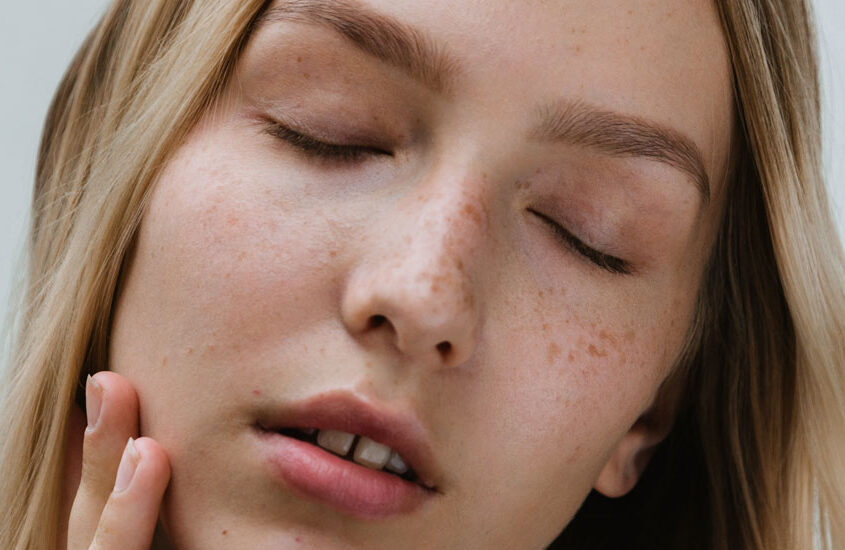What is best cream for pigmentation?

- What is best cream for pigmentation?
Pigmentation, or dark patches and spots on the skin, can be a frustrating and self-conscious issue for many individuals. While there are several causes of pigmentation, such as sun exposure, hormonal changes, and aging, the good news is that there are creams available that claim to reduce or lighten the appearance of pigmentation. However, with so many options on the market, it can be difficult to determine which cream is best for your skin.
The first step in finding the best cream for pigmentation is to consult a dermatologist. A dermatologist can examine your skin and determine the severity of your pigmentation, as well as recommend a cream that is suitable for your skin type. It is important to note that some creams may not be suitable for all skin types, and a dermatologist can help you avoid any potential adverse reactions.
When looking for a cream for pigmentation, it is important to look for ingredients that are effective in reducing the appearance of pigmentation. One such ingredient is vitamin C, which is a powerful antioxidant that helps to brighten and even out skin tone. Another effective ingredient is kojic acid, which is derived from fungi and works to inhibit the production of melanin, the pigment that causes pigmentation. Niacinamide is also effective in reducing pigmentation, as it helps to inhibit the transfer of melanin to skin cells. Hydroquinone is another ingredient that is commonly used in creams for pigmentation, as it works to lighten dark spots by inhibiting the production of melanin. However, it is important to note that hydroquinone may cause skin irritation and is not suitable for all skin types. Retinoids are also effective in reducing pigmentation, as they help to increase cell turnover and promote the growth of new, healthy skin cells.
In addition to using creams with effective ingredients, it is important to take steps to prevent further pigmentation. This includes using sunscreen daily and avoiding prolonged sun exposure, as well as wearing a hat and protective clothing when outdoors. It is also important to maintain a healthy skincare routine, including cleansing, moisturizing, and exfoliating regularly.
It is important to note that while creams can be effective in reducing pigmentation, they may not completely cure the issue. Some individuals may require additional treatments, such as chemical peels or laser therapy, to achieve the desired results. Additionally, it may take several weeks to several months to see significant improvement in pigmentation with the use of creams.
In conclusion, finding the best cream for pigmentation requires consultation with a dermatologist and a thorough understanding of the ingredients that are effective in reducing pigmentation. While creams can be effective in reducing pigmentation, it is important to take steps to prevent further pigmentation and maintain a healthy skincare routine. With patience and consistent use, you can achieve brighter, more even skin tone and reduce the appearance of pigmentation.
Your pigmentation fading strategy
Sun protection is a year-round affair, and the Plant Stem Cell Age-Defying Sunscreen SPF30 is made to be your trusty daily companion. It ensures broad spectrum UVA/UVB protection with mineral filters and shields your skin against urban pollution with antioxidant-bursting plant stem cells to keep skin happy, protected and bright.
For your daily dose of vitamin C, consider the Vitamin C Illuminating Recovery Cream. Formulated with a stabilised form of vitamin C, hyaluronic acid and microalgae, it deeply hydrates and gives skin a dewy plumpness while helping to prevent hyperpigmentation for a fresh, radiant look.


